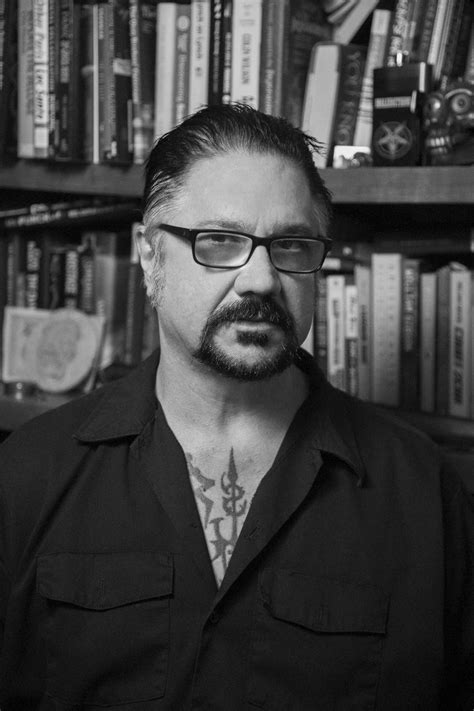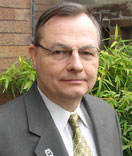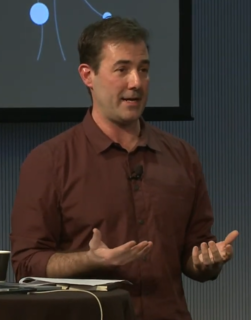A Quote by Elizabeth Thornton
One of the most powerful transformational catalysts is knowledge, new information, or logic that defies old mental models and ways of thinking.
Quote Topics
Related Quotes
In order to have a hope of creating better answers, we need to deeply understand the logic of the opposing answers. That means thinking about how we think about both models - not just do we like one versus the other. Rather we have to ask: How do I think each model produces the results that it does? Metacognition, thinking about thinking, builds up our capacity to do that and to play with opposing ideas - and new models - in real time.
The key to transforming mental models is to interrupt the automatic responses that are driven by the old model and respond differently based on the new model. Each time you are able to do this, you are actually loosening the old circuit and creating new neural connections in your brain, often referred to as self-directed neuroplasticity.
As each wave of technology is released. It must be accompanied by a demand for new skills, new language. Consumers must constantly update their ways of thinking, always questioning their understanding of the world. Going back to old ways, old technology is forbidden. There in no past, no present, only an endless future of inadequacy
Data isn't information. ... Information, unlike data, is useful. While there's a gulf between data and information, there's a wide ocean between information and knowledge. What turns the gears in our brains isn't information, but ideas, inventions, and inspiration. Knowledge-not information-implies understanding. And beyond knowledge lies what we should be seeking: wisdom.
New insights fail to get put into practice because they conflict with deeply held internal images of how the world works...images that limit us to familiar ways of thinking and acting. That is why the discipline of managing mental models - surfacing, testing, and improving our internal pictures of how the world works - promises to be a major breakthrough for learning organizations.
The peasants have seen the future - Greece and France - and concluded that it does not work. Hence their opposition to Obama's proudly transformational New Foundation agenda. Their logic is impeccable: Only the most blinkered intellectual could be attempting to introduce social democracy to America precisely when the world's foremost exemplar of that model - Europe - is in chaotic meltdown.
Though we [Humanists] take a strict position on what constitutes knowledge, we are not critical of the source of ideas. Often intuitive feelings, hunches, speculation, and flashes of inspiration prove to be excellent sources of novel approaches, new ways of looking at things, new discoveries, and new information. We do not disparage those ideas derived from religious experience, altered states of consciousness, or the emotions; we merely declare that testing these ideas against reality is the only way to determine their validity as knowledge.
These algorithms, which I'll call public relevance algorithms, are-by the very same mathematical procedures-producing and certifying knowledge. The algorithmic assessment of information, then, represents a particular knowledge logic, one built on specific presumptions about what knowledge is and how one should identify its most relevant components. That we are now turning to algorithms to identify what we need to know is as momentous as having relied on credentialed experts, the scientific method, common sense, or the word of God.





































